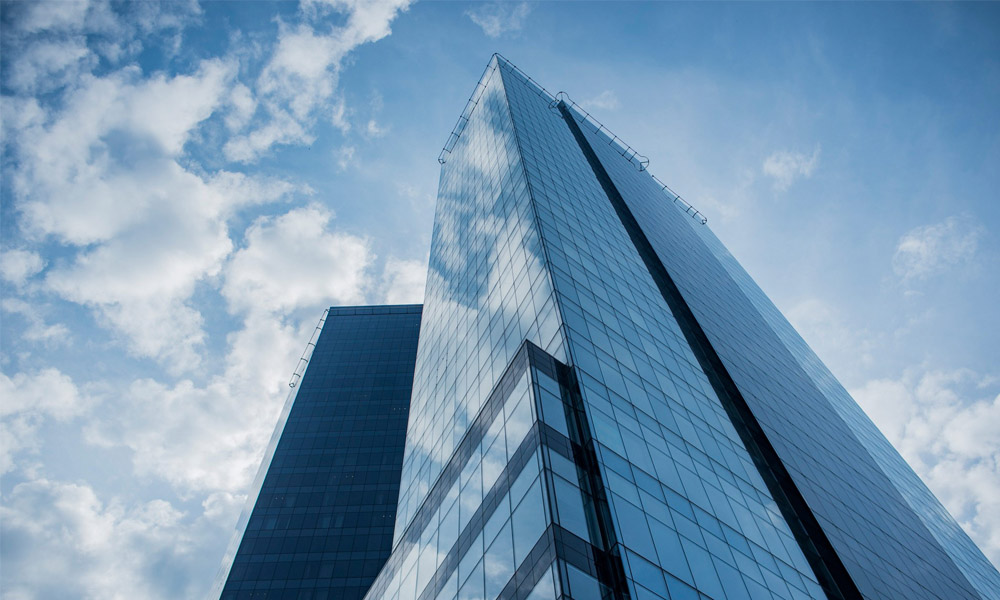

The Advantages of Float Glass Windows A Modern Approach to Design and Energy Efficiency
In the modern architectural landscape, the choice of materials plays a pivotal role in defining the aesthetic appeal, functionality, and energy efficiency of buildings. Among the various materials available, float glass stands out as a versatile and popular option, especially for windows. This article explores the advantages of float glass windows, highlighting their contribution to design, thermal efficiency, and environmental sustainability.
Understanding Float Glass
Float glass is produced through a method known as the float process, where molten glass is floated on top of molten tin. This process results in a uniform thickness and a smooth surface, making it an ideal candidate for window applications. The inherent clarity of float glass enables maximum light transmission, enhancing the overall brightness of interior spaces.
Aesthetic Appeal
One of the most significant advantages of float glass windows is their aesthetic versatility. The clarity and smooth surface of float glass allow for an unobstructed view of the outside world while enhancing the visual appeal of a building’s façade. Architects and designers can leverage the sleek, modern appearance of float glass to create stunning designs that incorporate natural light, reduce the reliance on artificial lighting, and foster a connection between indoor and outdoor spaces.
Moreover, float glass can be treated with various coatings and finishes to achieve different effects, such as tinted glass for increased privacy or reflective glass for heat control. This adaptability makes float glass an excellent choice for various architectural styles, from contemporary commercial buildings to classic residential homes.
Energy Efficiency
One of the pressing concerns in modern architecture is energy efficiency, and float glass windows significantly contribute to this goal. High-performance float glass can be made into double or triple-glazed units, which provide excellent insulation. These multi-pane glass systems trap air or gas between the panes, creating a barrier that minimizes heat transfer. As a result, they help maintain a consistent indoor temperature, reducing the need for heating and cooling systems and ultimately lowering energy bills.

Furthermore, modern advancements in float glass technology have led to the development of low-emissivity (Low-E) coatings that reflect infrared light while allowing visible light to pass through. These coatings enhance thermal efficiency by keeping heat inside during the winter and reflecting unwanted heat out during the summer. Consequently, buildings equipped with float glass windows can achieve significant energy savings, making them an environmentally friendly choice.
Durability and Maintenance
Float glass windows are known for their durability and low maintenance requirements. They are less prone to scratches and damage compared to other types of glass, making them an excellent option for high-traffic areas and harsh environments. Additionally, float glass is resistant to fading, ensuring that the visual integrity of the windows remains intact over time.
Maintenance is straightforward since regular cleaning with standard glass-cleaning products is all that is needed to keep float glass windows looking pristine. This ease of upkeep further enhances their appeal to homeowners and businesses alike.
Environmental Impact
The environmental impact of float glass windows deserves special mention. By promoting energy efficiency and reducing the overall carbon footprint of buildings, float glass contributes to sustainability efforts in architecture. Additionally, many manufacturers are adopting eco-friendly practices in the production of float glass, such as recycling and using renewable energy sources.
Furthermore, the long lifespan of float glass windows means that they do not need to be replaced frequently, which can result in reduced waste over the life cycle of a building. Their recyclability at the end of their lifespan further supports sustainable construction practices.
Conclusion
In conclusion, float glass windows offer a winning combination of aesthetics, energy efficiency, durability, and environmental responsibility. As architects and builders increasingly prioritize sustainability and design innovation, the demand for float glass windows is likely to grow. They not only enhance the beauty and functionality of buildings but also contribute to a more sustainable future, making them an optimal choice in modern construction. Whether for residential or commercial projects, float glass windows stand as a testament to the balance between beauty and practicality.